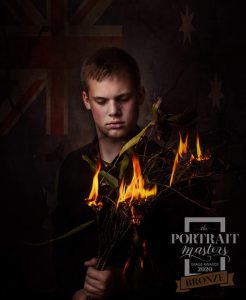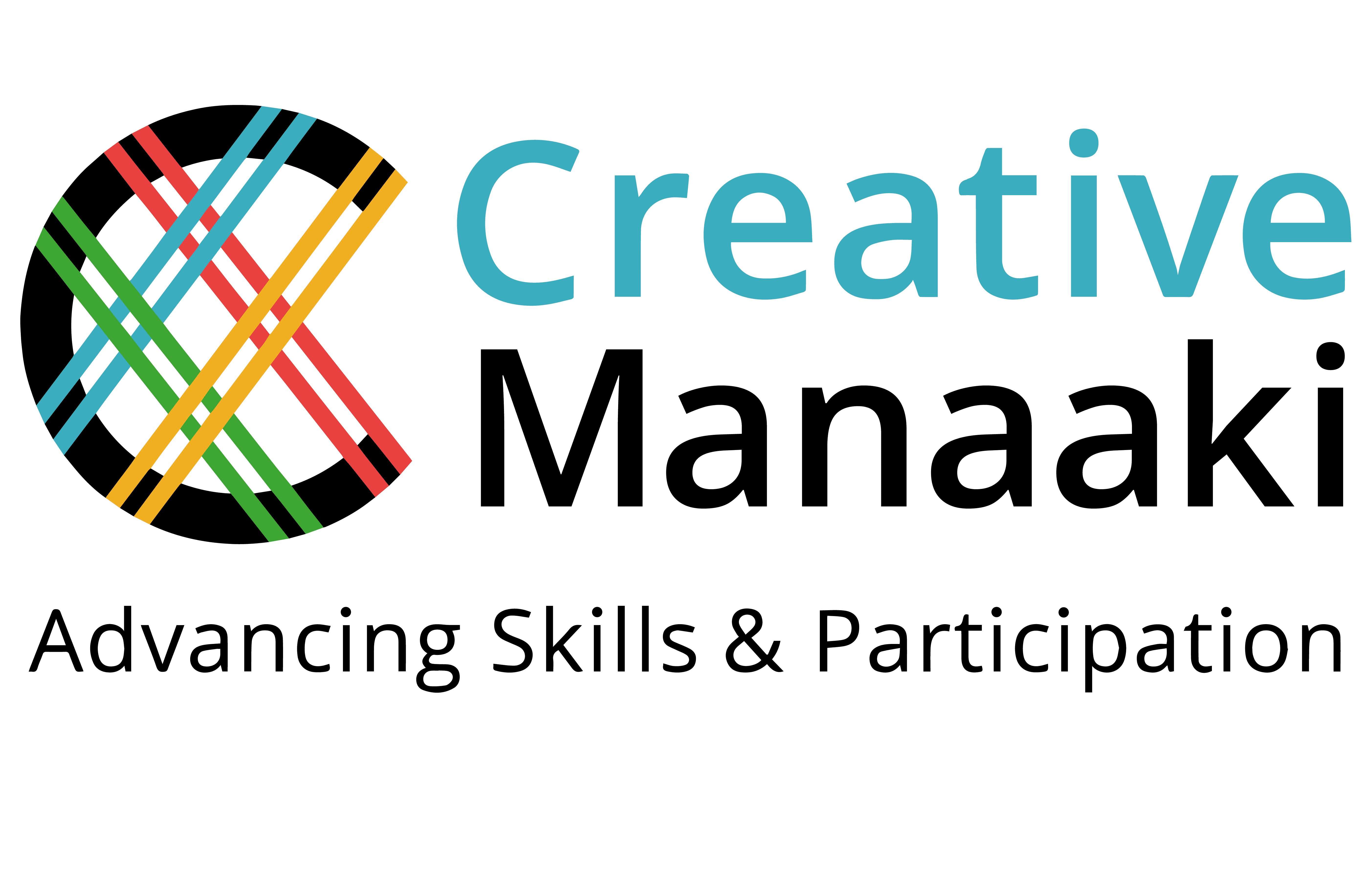
| Karolina Stus Photography |
Business as usual is a phrase we are unlikely to hear again for some time. Despite this, there is a strong desire to create at this time, and to also help the wider community to process and heal. Karolina Stus, one of the 470 members of the Kapiti Arts & Creative Industries group, says “The most important thing is that we keep on going. Even if all looks like a sky is following down on our heads, we cannot stop creating, especially right now.” Karolina recently took out five silver awards and three bronze awards at the International Portrait Master Photo Awards. “Now, everyone is focused on staying safe which is normal, but shortly music and all sorts of art form will be needed more than ever. Please all amazing creatives – don’t stop!”
It’s a rallying cry for a sector that so generously donates time and skill to help others in times of need via fundraising concerts, auctions, and percentage of ticket and merchandise sales. The reality is, the whole economy is doing it tough right now. In the year ended March 2019, the tourism sector generated a direct annual contribution to GDP of $16.2 billion. Two years earlier in 2017, the New Zealand Institute of Economic Research calculated that the creative industries sector cumulatively contributed a massive $17.5 billion to New Zealand’s GDP, which translates as 130,000 jobs, or more than 6% of the national workforce. The arts and creative industries in New Zealand will need a phased recovery plan.
Creative New Zealand, the New Zealand Music Industry Commission, Manatū Taonga, the NZ Film Commission and many arts organisations are working to quantify what support looks like for the creative industries. ‘Of special importance to the NZ Film Commission and all of the screen industry is production activity and the impact any production shutdown would have on the livelihood of producers and production companies, post houses, writers and directors, HODs, crews, cast, vendors and the broader screen community.’ Business support agencies are also rallying to develop a range of support options to help sustain businesses and jobs at the current time.
In the meantime, the message to those working in the creative industries sector is clear. We are going to have to get creative, about being creative, in order to survive. When Christchurch lost its arts venues to earthquakes, it took art to the streets. ‘PopUp’ and ‘Online’ art and music became the norm. New Zealand could be guided at this time by those that learnt these lessons ten years ago.
In Kapiti, a new temporary mural project outside Mahara Gallery is paused for now. Funded through the local Council’s public art programme, it is a work in progress by artists Kate Hartmann and Ruth Robertson-Taylor, and it will be one of the earliest artworks to be unveiled the other side of level 4.
The Kapiti Arts & Creative Industries group has been pondering how to spend the next four weeks at level 4. Here is a summary of some conversations, in no particular importance.
1. Keep creating. Use this hibernation time to create. Most of us beaver away in isolation anyway so it might not feel so different. Jot down your ideas. Sketch them out. If you don’t have the exact materials or equipment, think of other ways. You never know, you might just come up with your best work during these next few weeks.
2. Know where you stand. Central, regional and local government are all offering support in various ways at present and this is likely to continue for the forseeable future. Check out the government’s response package, Creative New Zealand, WellingtonNZ.com, and KCDC for starters.
3. Keep connecting. It may surprise you to know that your past and current clients, audience, and buyers will wonder how you are doing at this time. By making time to connect, you demonstrate that you care and this is memorable. Money cannot buy connection and loyalty. Take people on your journey with you and strengthen your relationships. Think about whether your old ways of connecting will work or whether there are new ways, new tools you can put in place.
4. Upskill. Always dreamt of having the time to play around with a different art form? A new material or technique? Technology always had the better of you? Maybe now you can play around, have a go, see where it takes you. There will be increasing availability of online workshops and training to support you at this time in the coming weeks. Creative New Zealand has a lot of resources. Currently, there are useful tips in online workshops through WellingtonNZ.com Maybe moving your event opening online, or teaching via a paid webinar is something of interest? Here are some Tips for moving your event online or to develop a paid webinar:
5. Review. Do you need some new photography? Do you need to catalogue your work? How is your website and social media looking? Ask others to take a look too and provide feedback.
6. Research. Now is a great time to do a virtual tour of an international museum or gallery, listen to new music, and see what other creatives are making, playing, designing, etc
This is a challenging time in our history. I will leave the final word to Terrance McNally, playwright and four time Tony award winner, who has sadly succumbed to Covid-19. “The world needs artists more than ever to remind us what truth and beauty and kindness really are.”
Kia kaha one and all.

